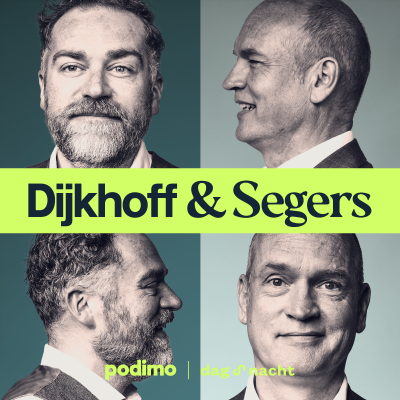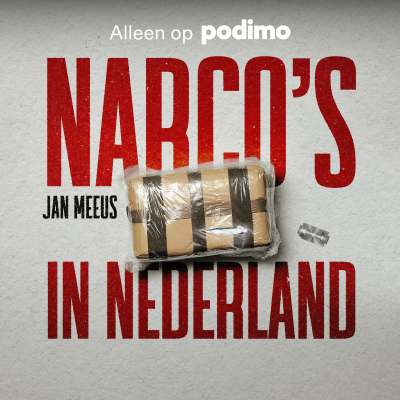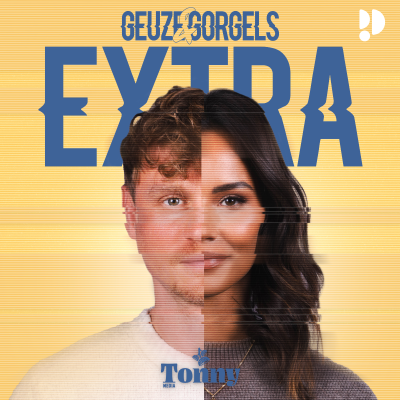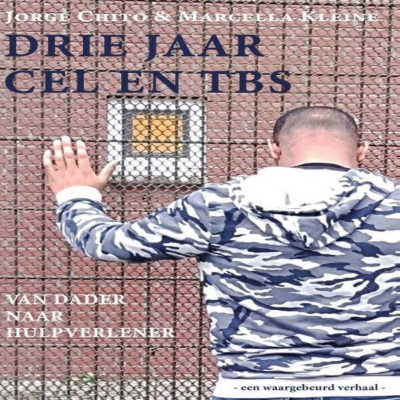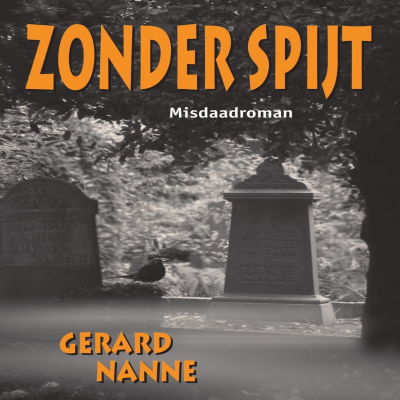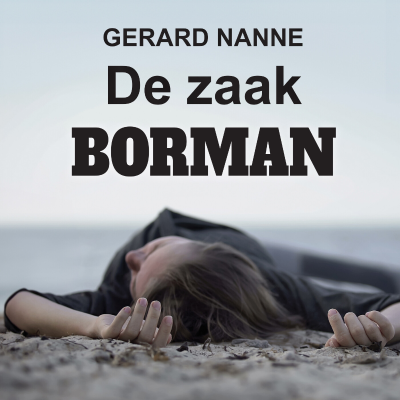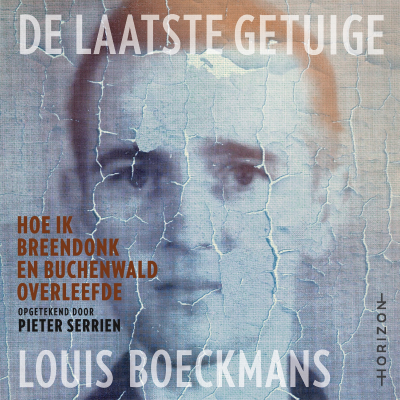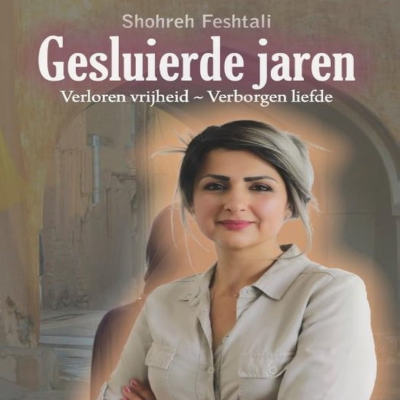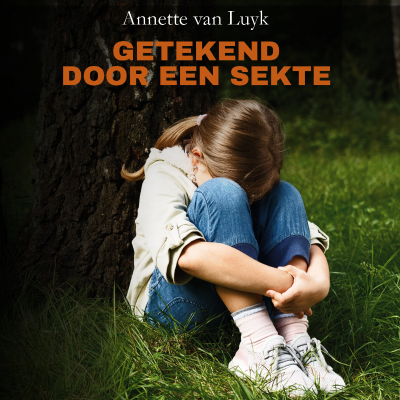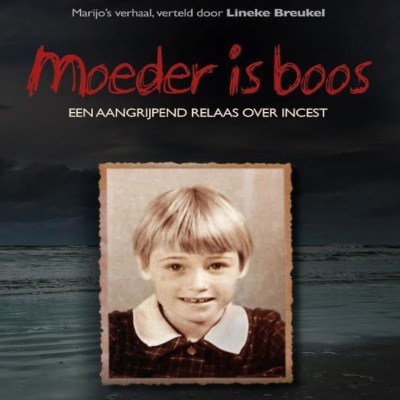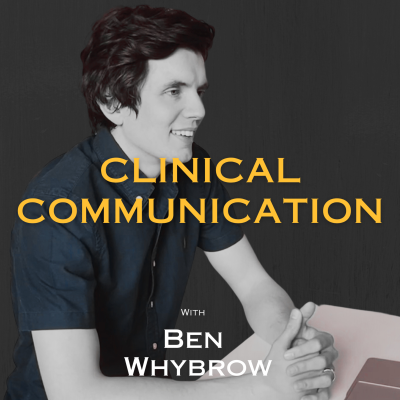
Clinical Communication
Engels
Technologie en Wetenschap
Probeer 7 dagen gratis
€ 9,99 / maand na proefperiode.Elk moment opzegbaar.
- 20 uur luisterboeken / maand
- Podcasts die je alleen op Podimo hoort
- Gratis podcasts
Over Clinical Communication
Clinical Communication is a video or audio resource for any healthcare clinicians wanting to have easier and better conversations with the people in front of them. Hosted by Ben Whybrow, Clinical Communication Skills Educator and Specialist Physiotherapist. This resource provides simple and practical advice for any clinician of any experience, that can lead to better outcomes.
Alle afleveringen
72 afleveringenHow To Give A Presentation Or Talk That’s Better Than 90% Of The Rest
Many clinicians deliver talks or presentations around the world every day - yet the vast majority leave a lot to be desired. This episode may sound like a rant, But it is really a blueprint on how to deliver a presentation or talk that those in attendance will actually engage with, remember and implement afterwards. The suggestions are simple, but even if you do just one or two of them, you will easily elevate your future talks or presentations beyond the rest For more info on Pain Practice OS click here: https://pages.modernpaincare.com/painprogram You can find Ben across social media @BWhybrowPhysio Do Share & Subscribe!
Body Language Basics All Healthcare Professionals Should Know!
Body language is often stated to have the biggest impact on communication in conversations compared to the words spoken and tone used. Yet not as much attention and clinical research has beendirected to this area. And whilst the evidence is still evolving, there are some essentials that are relevant to all clinicians that have a significant impact on the outcomes of the conversation and are covered in this episode. You can follow Ben across Social Media @BWhybrowPhysio or email clinicalcommunication@outlook.com Do Share & Subscribe!
How To Talk With Older Adult Patients with Dr Dipti Samani
Clinical conversations with older adults come with their ownset of potential challenges. How to manage time where there could be multiple issues to cover? How to keep the conversation on track? How to involve relatives appropriately? In this episode Ben is joined by Dr Dipti Samani, ConsultantGeriatrician & Medical Lecturer where they cover: (00:00) – What Led To Dipti Choosing Geriatrics (04:40) – Managing Relative Expectations (13:12) – How To Manage Time When Speaking With Older Adults (15:00) – How To Appropriately Interrupt (17:15) – How To Recognise & Manage Delirium (20:30) – What Made Dipti Interested In Geriatric Continence (21:45) – What To Say When Continence Issues Are Raised (27:15) – Managing Conversations Around Reducing Medications (32:50) – More About Continence In Older Adults (40:00) – Difficult Conversations With Relatives (44:12) - What’s The Future For Geriatrics You can find Dr Samani on LinkedIn or X @HmniDipti You can Ben across Social Media @BWhybrowPhysio or emailclinicalcommunication@outlook.com Do Share & Subscribe!
5 Books I Read In 2025, That You Should Read In 2026
Listen to find out what five clinically relevant books I read this year that I would recommend you read in 2026. Want to see the pictures of the books in the list? - find me @BWhybrowPhysio on Instagram, X or LinkedIn. Or watch this episode on YouTube!
Changing Beliefs & Behaviour: Logic vs Emotion
There have been several requests for some shorter individual episodes, along with the longer guest interview episodes, so this episode covers one the key principles for influencing someones beliefs and behaviour. Which is to consider both the logical AND emotional side, something you won’t find anywhere else, and this episode covers how. One of the most valuable 12 minutes you’ll come across allweek! Sign up for Modern Pain Pro here: https://modernpainpro.com/ [https://modernpainpro.com/] Books mentioned: Radical Candor – Kim Scott SuperCommunicators – Charles Duhigg Way Of The Wolf – Jordan Belfort The Way Out – Alan Gordon Do Share & Subscribe!
Kies je abonnement
Premium
20 uur aan luisterboeken
Podcasts die je alleen op Podimo hoort
Gratis podcasts
Elk moment opzegbaar
Probeer 7 dagen gratis
Daarna € 9,99 / maand
Premium Plus
Onbeperkt luisterboeken
Podcasts die je alleen op Podimo hoort
Gratis podcasts
Elk moment opzegbaar
Probeer 30 dagen gratis
Daarna € 11,99 / maand
Probeer 7 dagen gratis. € 9,99 / maand na proefperiode. Elk moment opzegbaar.
